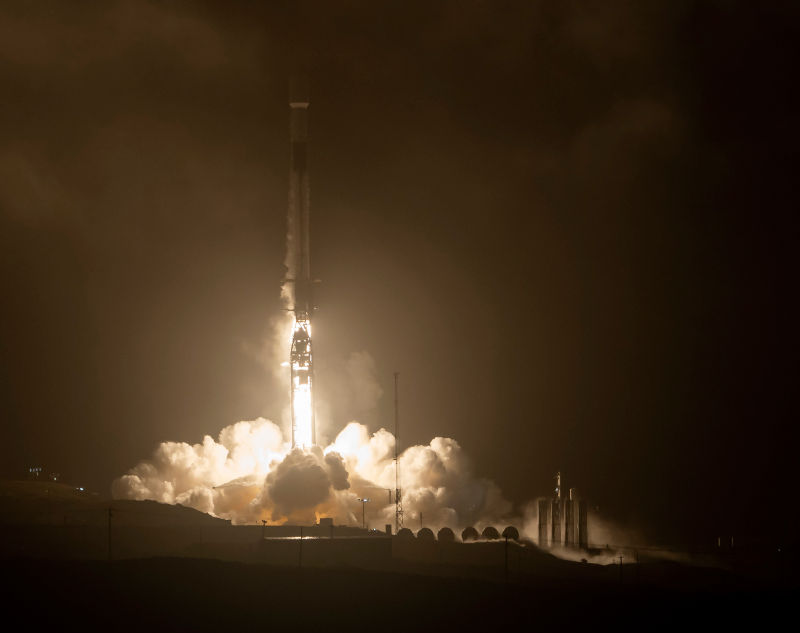India’s first private rocket company plans to put a satellite into orbit in 2023, for half the cost of its rivals, as the country pushes ahead with its bid to be a major player in space.
Hyderabad-based Skyroot Aerospace, backed by Singapore’s sovereign wealth fund, GIC, says the $68 million it has raised so far will fund its next two launches. Skyroot has been in contact with more than 400 potential customers, it says.
Thousands of small satellite launches are planned in the coming years as companies build out networks to deliver broadband services like SpaceX’s Starlink and to power applications like tracking supply chains or monitoring offshore oil rigs.
Also on AF: Huawei, ZTE Equipment Sales Banned by US Over Security Risks
Skyroot faces both established and up-and-coming rocket launch rivals that also promise to bring down costs. In China, startup Galactic Energy put five satellites into orbit last week in its fourth successful launch.
In Japan, Space One, backed by Canon Electronics and IHI Corp, plans to launch 20 small rockets per year by the middle of the decade.
But Skyroot, which launched a test rocket last week, expects to cut the cost of a launch by 50% compared with current pricing for established competitors like Richard Branson’s Virgin Orbit and California-based Rocket Lab USA Inc.
Pawan Chandana, one of Skyroot’s two co-founders, said he expected a surge in demand for the company’s launch services if it proves itself with launches set for next year.
“Most of these customers have been building constellations and will be launching them in the next five years,” he said.
Modi’s Space Push
The Modi government’s push to increase India’s share of the global space launch market from just 1% has given investors confidence that Skyroot and other startups have government backing for their efforts, Skyroot says.
“Three or four months back when we were talking to investors, one of the biggest questions they asked was if the government was supporting us,” Skyroot co-founder Bharath Daka said.
India opened the door to private space companies in 2020 with a regulatory overhaul and a new agency to boost private-sector launches.
Before that, companies could only act as contractors to the Indian Space Research Organisation (ISRO), a government space agency with a reputation of its own for frugal engineering. The country’s Mars mission in 2014 cost only $74 million, less than the budget of the Hollywood space movie “Gravity”.
Building on India’s record for cost efficiency will be key, said Chandana. Skyroot, founded in 2018 when Chandana and Daka quit jobs at ISRO, has set a target to develop rockets for one-fifth of the current industry costs.
Skyroot Test Launch
The Skyroot rocket that reached 89.5 kilometers altitude in last week’s test launch used carbon-fibre components and 3D-printed parts, including the thrusters.
That boosted efficiency by 30%, the company says, cutting weight and procurement costs, although it meant Skryoot engineers had to write the machine code for vendors who fabricated the rocket because few had experience working with carbon fibre.
With 3D printing, Skyroot believes it can build a new rocket in just two days as it works towards reusable rockets, a technology pioneered by SpaceX.
Chandana and Daka believe the per-kilogram launch cost for a satellite can be brought down to nearly $10, from thousands of dollars currently, a stretch target that could upend the economics of space.
- Reuters with additional editing by Sean O’Meara
Read more:
Tycoon Backs Musk’s Satellite Internet Service in Philippines
South Korea Joins Asian Space Race With Satellite Launch
Geely Launches Satellites for Autonomous Vehicle Navigation
























